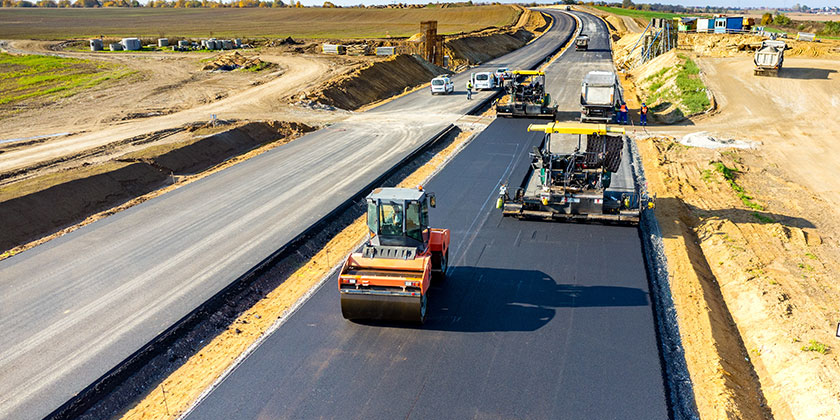While Expropriation is potentially a very complex issue, I will attempt to give a meaningful overview in this condensed space. While not exclusively, provincial legislation dictates the expropriation process for property/land for such things as road widenings, etc. In both AB & SK, provincial legislation defines Expropriation as “the taking of land without the consent of the owner by an expropriating authority in the exercise of its statutory powers”.
Considering the prosperous social/democratic environment we live in, “taking” & “without consent” are harsh words and can conjure up visions of a more autocratic time/place. On the other hand, in a fair and reasonable society, the good of the whole (society) should not suffer at the expense of the individual either. While the Government giveth (land rights), the Government can taketh away.
While not always adhered to, usually due to a lack of understanding and knowledge of the issues by one party or the other, I believe there are generally good laws and regulations in place that compensate the land/property owner (as well as non-owners) when their rights are arbitrarily taken by government. While somewhat different from province to province, compensation is broadly defined under three headings, 1) the market value of the land or proportionate share (of the whole) market value in a partial taking, 2) any disturbance and related damages, and 3) any injurious affection damages.
While narrow strips of farm land (typical takings for road widenings) may suggest a rather simple process of calculating the proportionate share value of the land, cost of fencing, approaches, wind breaks, etc., can compound the compensation process. In more complex cases, the taking may include removal of homes and businesses – resulting in what can be a very complex and adversarial process.
Again, while varying from province to province, in many cases non-owners of expropriated lands can claim damages when the expropriation affects the value of their rights to the subject property or other properties. For example, tenants of expropriated property have potential claims, if they recognize their right to claim. Likewise with adjacent land owners, if their rights are damaged due to the expropriation of other lands in the area, they to have the right to compensation.
While the expropriating authority (may be represented by a land agent or otherwise) may be friendly and propose a compensation that seems reasonable at first glance, this is seen as an adversarial process by many and you may not be getting what is fair or entitled to by law. Although many times the cost to do your own independent research is paid for by the expropriating authority, I would recommend land owners (and others affected by an expropriation) to seek independent professional legal and appraisal advice prior to agreeing to terms of an expropriation action.
We encourage feedback from our readers – with comments on this article and/or suggestions for further ones.


Write a Comment